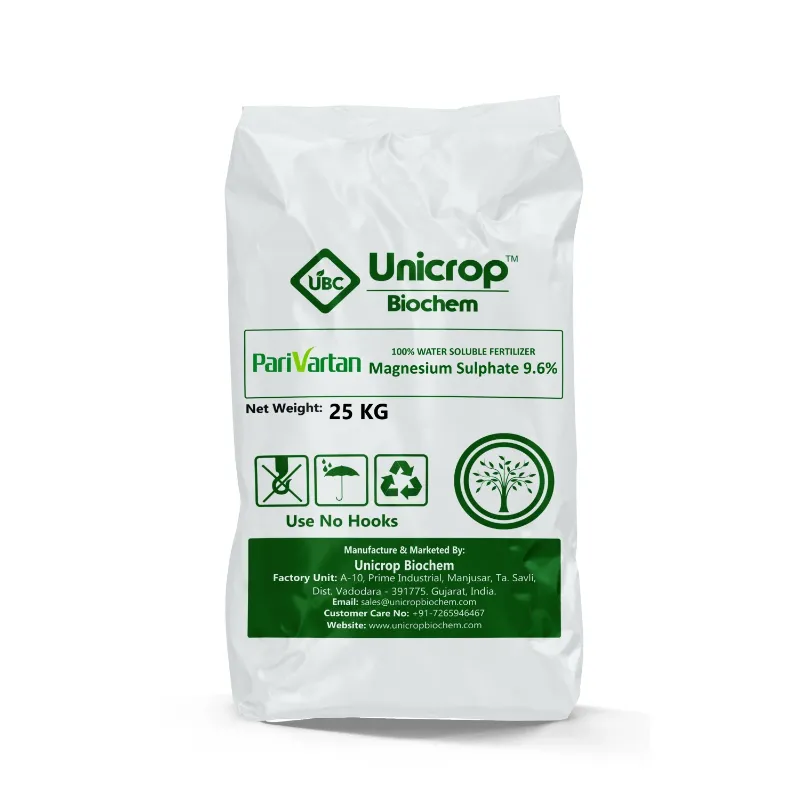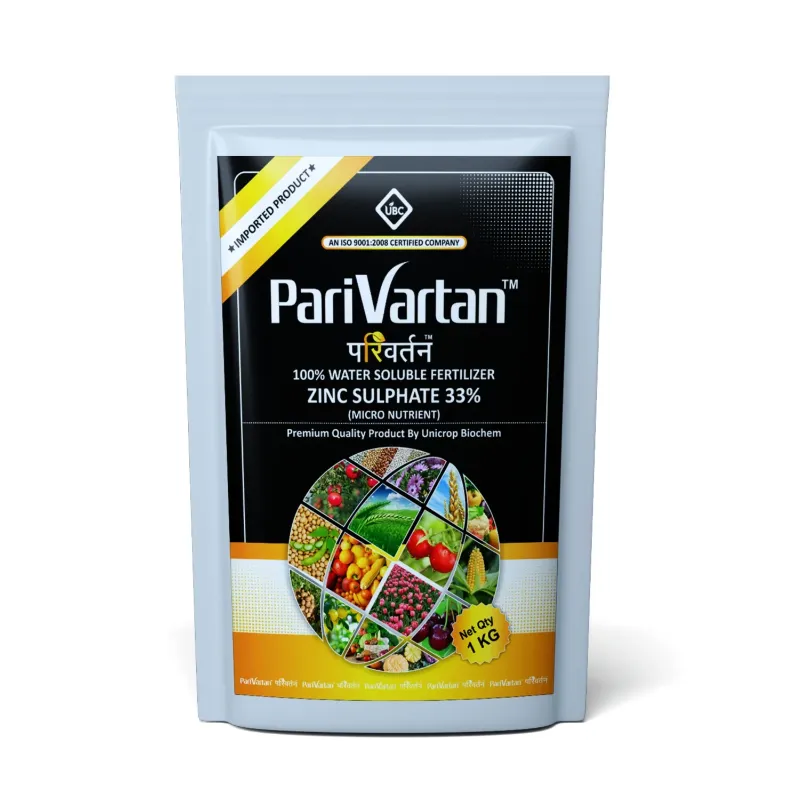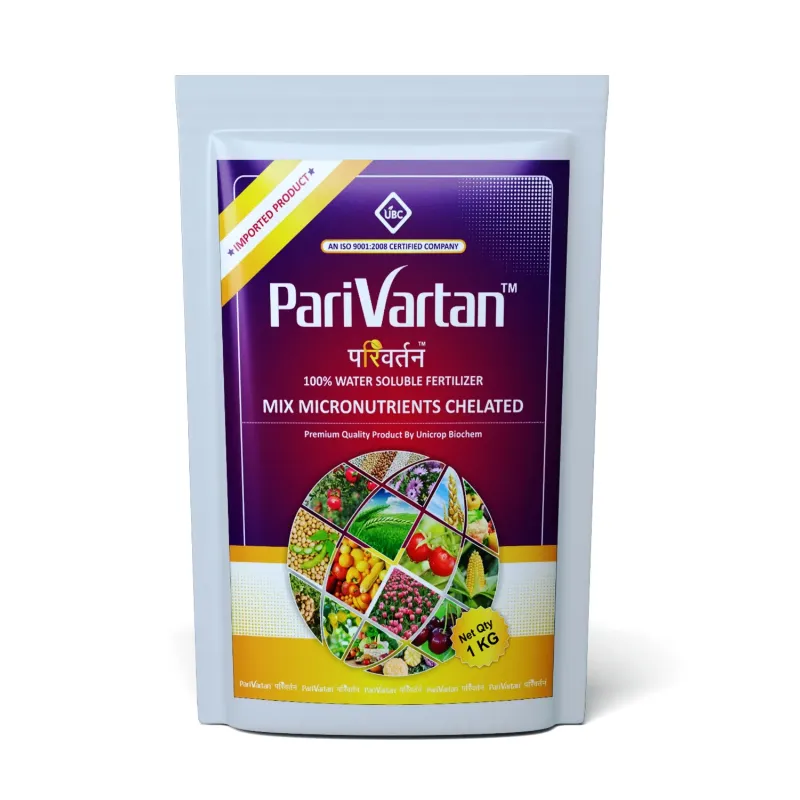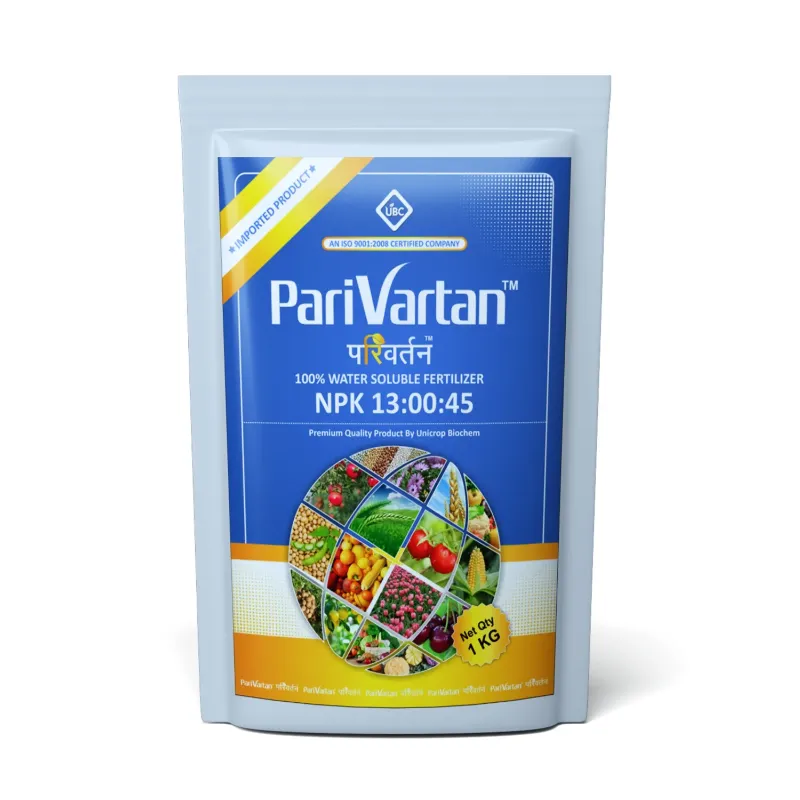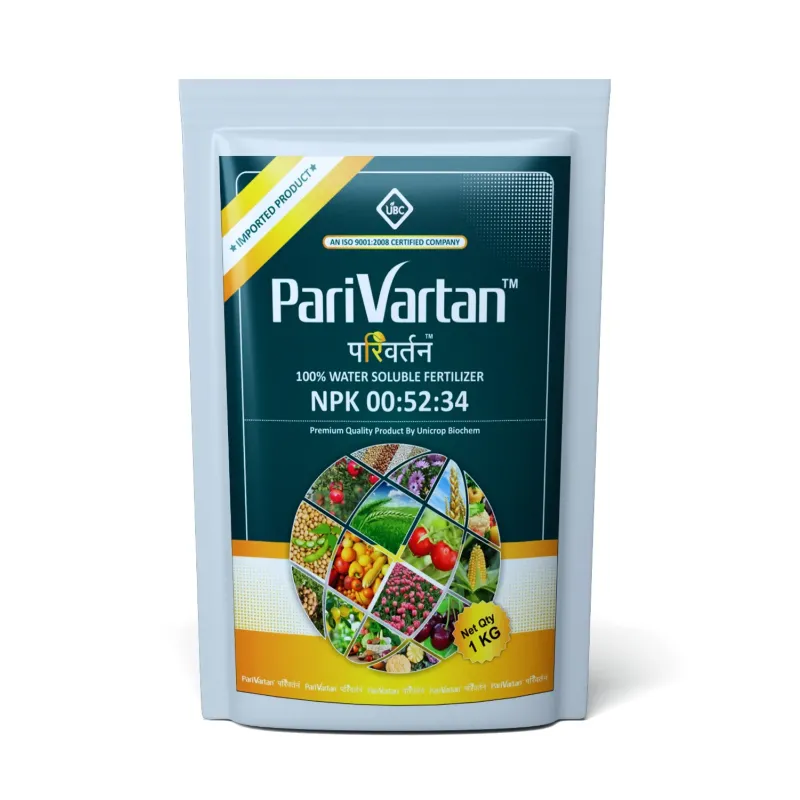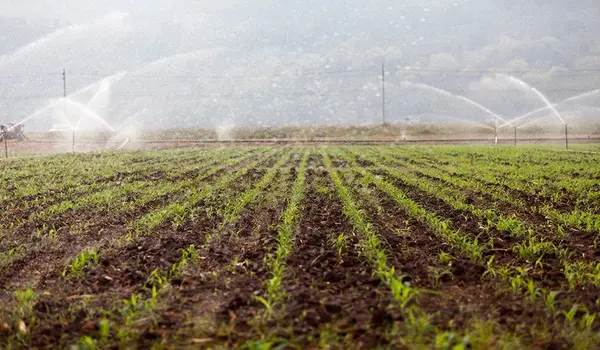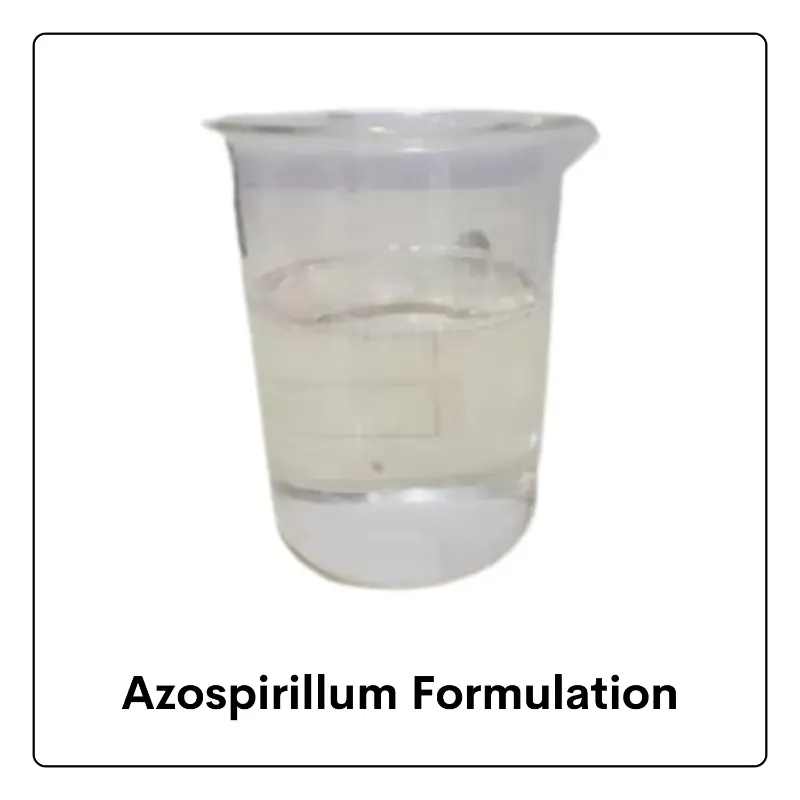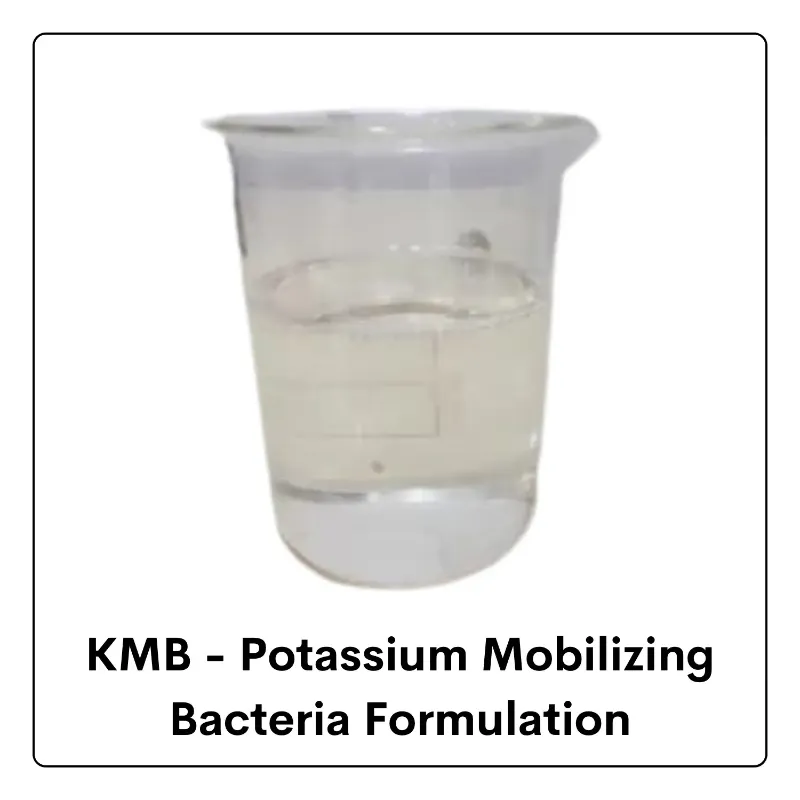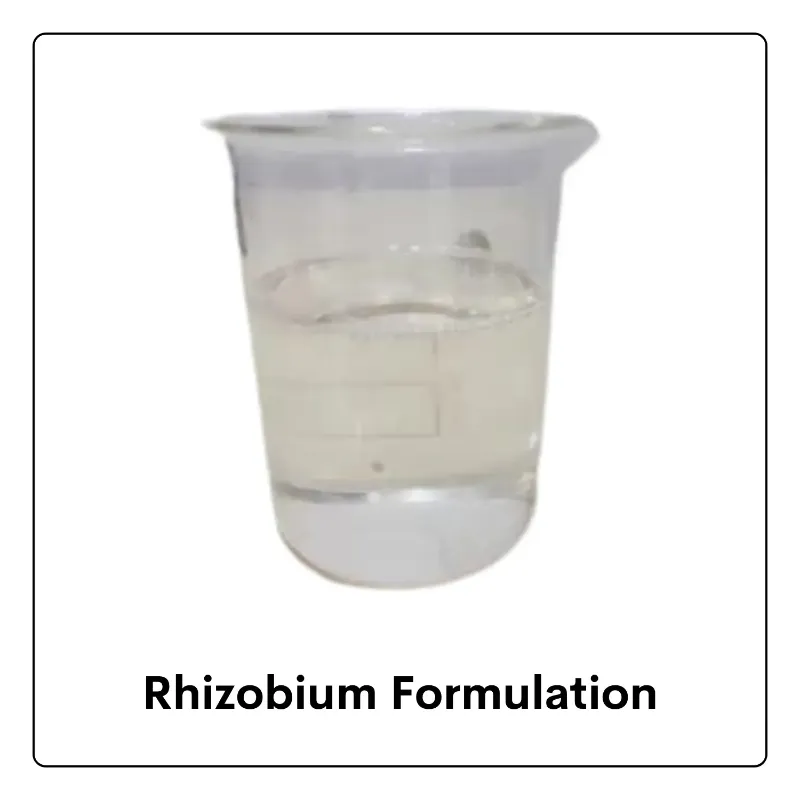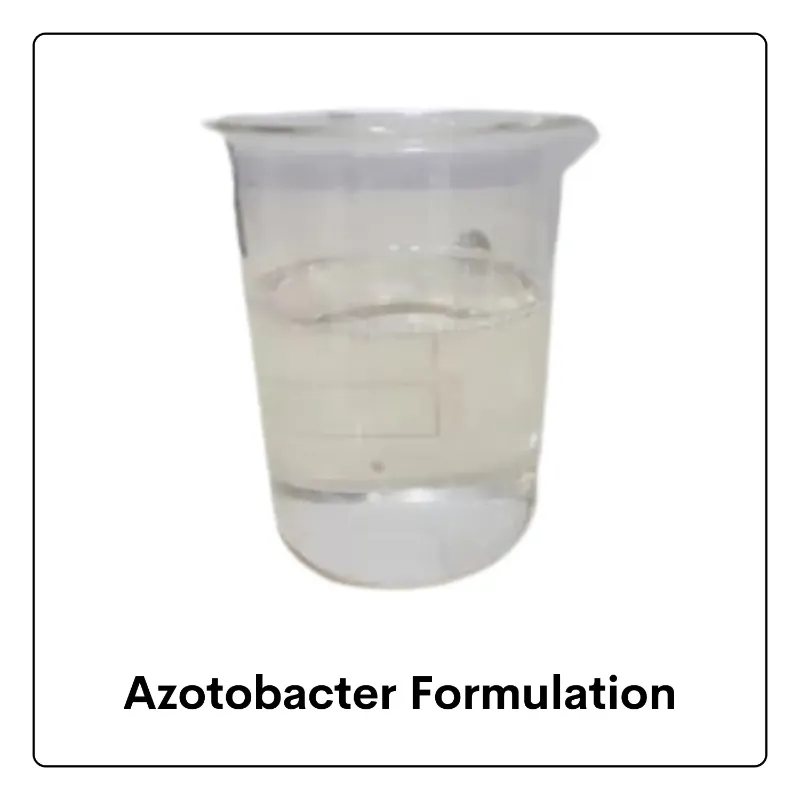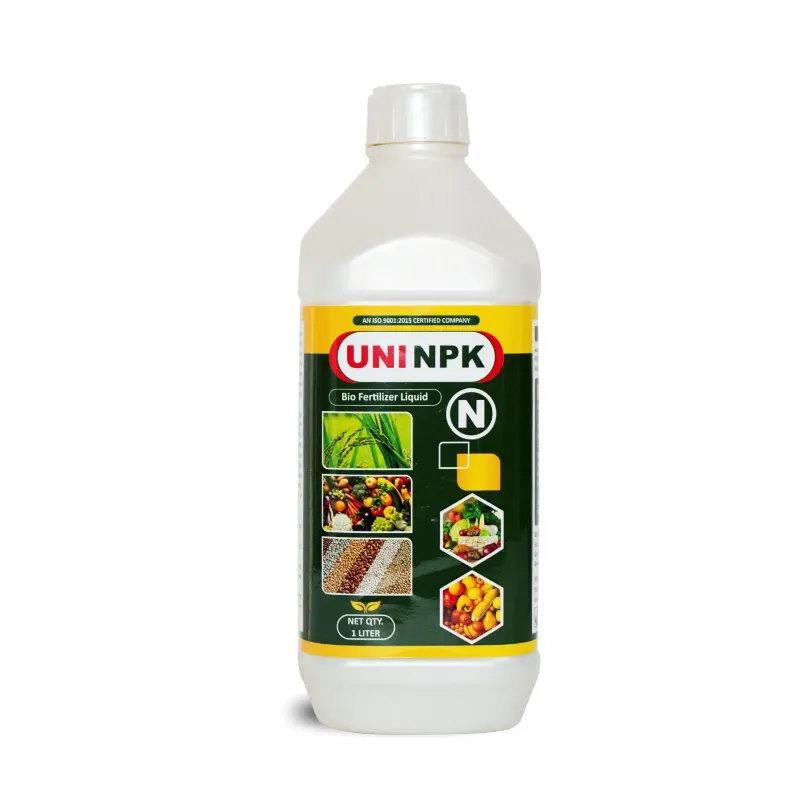Adverse weather conditions such as storms, droughts, and extreme temperatures can significantly impact crop health and yield. For farmers, protecting crops from these weather-related challenges is crucial to ensure a successful harvest and maintain productivity. In this blog, we will explore practical strategies for safeguarding crops from adverse weather and how Unicrop Biochem’s products can support these efforts.
Understanding the Impact of Adverse Weather on Crops
Adverse weather conditions can lead to various issues for crops, including:
- Drought: Reduced water availability can stress plants, leading to poor growth and lower yields.
- Heavy Rainfall: Excessive rain can cause waterlogging, root rot, and soil erosion.
- Frost: Frost can damage tender plants and reduce fruit quality.
- Storms: High winds and hail can physically damage crops and lead to loss of yield.
Addressing these challenges requires a combination of proactive measures and protective strategies.
Strategies to Protect Crops from Adverse Weather
1. Implementing Water Management Practices
Efficient water management is crucial for protecting crops from drought and excessive rainfall. Farmers can use techniques such as:
- Drip Irrigation: Delivers water directly to the plant roots, reducing water waste and ensuring consistent moisture.
- Rainwater Harvesting: Collects and stores rainwater for use during dry periods, helping to manage water resources effectively.
- Soil Moisture Monitoring: Regularly checking soil moisture levels to adjust irrigation practices as needed.
- Ensures adequate water supply during dry conditions.
- Prevents waterlogging and erosion during heavy rainfall.
- Enhances overall crop health and productivity.
2. Using Protective Covers and Mulches
Protective covers and mulches can shield crops from extreme temperatures and harsh weather:
- Row Covers: Lightweight fabric placed over plants to protect against frost and wind.
- Mulch: Organic or inorganic material spread over soil surfaces to regulate soil temperature, retain moisture, and suppress weeds.
Benefits:
- Provides insulation against frost and extreme temperatures.
- Reduces soil moisture loss and temperature fluctuations.
- Protects plants from wind and physical damage.
3. Employing Erosion Control Measures
Preventing soil erosion is vital during heavy rainfall and storms. Techniques include:
- Contour Farming: Plowing along contour lines to slow water flow and reduce erosion.
- Erosion Control Structures: Installing silt fences, terraces, or check dams to manage runoff and capture sediment.
- Cover Crops: Planting cover crops to stabilize soil and prevent erosion.
Benefits:
- Minimizes soil loss and maintains soil fertility.
- Enhances water infiltration and reduces runoff.
- Protects crops from sedimentation and erosion-related damage.
4. Selecting Weather-Resistant Crop Varieties
Choosing crop varieties that are more resilient to adverse weather conditions can help mitigate risks:
- Drought-Resistant Varieties: Crops that can withstand periods of low water availability.
- Frost-Tolerant Varieties: Plants that can survive and thrive despite frost.
- Disease-Resistant Varieties: Crops that are less susceptible to weather-related diseases.
Benefits:
- Reduces crop losses due to weather-related stresses.
- Enhances overall crop resilience and productivity.
- Ensures consistent yield even in challenging conditions.
5. Regular Monitoring and Early Intervention
Monitoring weather forecasts and crop conditions regularly allows farmers to take timely actions:
- Weather Forecasts: Stay updated on weather conditions to prepare for adverse events.
- Crop Inspections: Regularly check for signs of stress or damage and address issues promptly.
- Early Warnings: Use early warning systems for extreme weather events to implement protective measures.
Benefits:
- Allows for proactive measures to minimize damage.
- Reduces crop loss by addressing issues before they escalate.
- Enhances overall farm management and preparedness.
How Unicrop Biochem Supports Crop Protection
Unicrop Biochem’s products can complement these strategies to help farmers protect their crops from adverse weather conditions:
- Azoto-N Biofertilizer: Improves soil health and water retention, supporting crops during drought conditions.
- Seaweed Extract: Enhances plant resilience to stress and promotes healthy growth.
- Fruit King: Improves fruit quality and size, helping plants recover from adverse weather impacts.
- By integrating Unicrop Biochem’s solutions into their crop protection strategies, farmers can enhance their efforts to safeguard crops from weather-related challenges.
Conclusion
Protecting crops from adverse weather conditions is essential for maintaining agricultural productivity and ensuring a successful harvest. By implementing water management practices, using protective covers, employing erosion control measures, selecting weather-resistant varieties, and monitoring conditions, farmers can effectively manage weather-related risks. Unicrop Biochem’s products further support these efforts by improving soil health, enhancing plant resilience, and optimizing crop growth. Adopting these strategies helps farmers navigate the challenges of adverse weather and achieve sustainable agricultural success.
